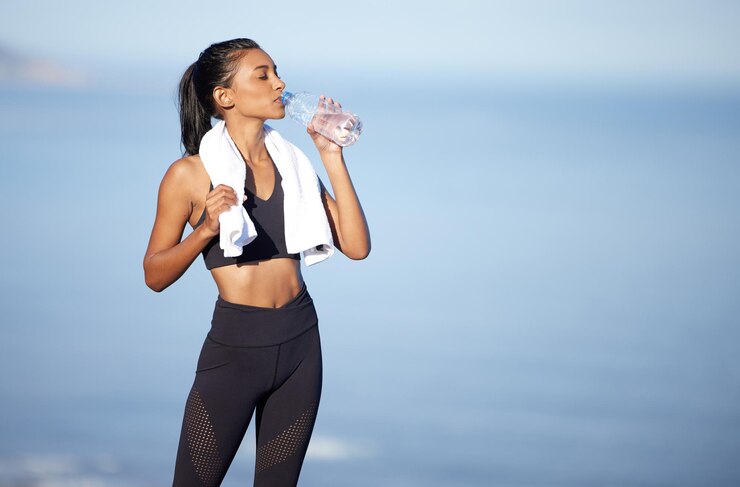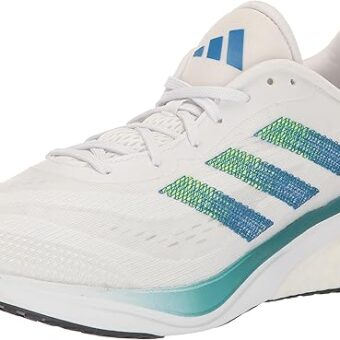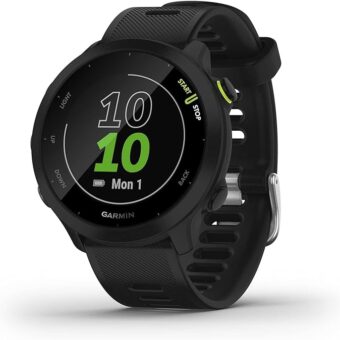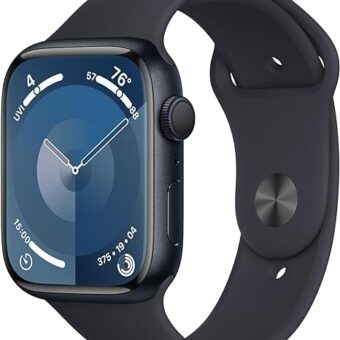
Hydration needs vary greatly among individuals. Some people drink a lot of water each day, while others drink less due to differences in body composition. For example, I personally drink a lot of water to avoid dehydration, as each body has its own unique needs and metabolism.
Some people sweat more when running, so their hydration needs differ from those who sweat less. Therefore, how should we hydrate properly?
- In the morning, after waking up and completing personal hygiene, it’s essential to drink 200ml of warm water before starting with a light meal. After finishing the meal, drink some water, then start running after waiting for 10-15 minutes.
- Before running, about 45 minutes to 1 hour prior, it’s advisable to drink water if running in the afternoon.
- During the run, in summer, adjust water intake based on sweat levels to meet the body’s needs. For longer runs, consider electrolyte intake to avoid salt depletion.
- Avoid withholding water while running. If you’re running around 10km and sweating lightly, it’s recommended to drink water. If sweating heavily, around 6-7km, you may need to hydrate more. Adjust water intake accordingly until the end of the run.
- Proper electrolyte usage will be addressed in the next article by the coach.
In summary, incorrect water intake can lead to fatigue and decreased running performance. Drinking too much water can cause overhydration, leading to symptoms like cold sweats and nausea. Therefore, it’s crucial to drink water according to your body’s needs, based on the amount of sweat absorbed by your clothes. This will provide you with valuable hydration experience for future runs.
🗒️ Summarize
The passage provides guidelines for hydrating properly while running, emphasizing the importance of adjusting water intake based on individual sweat levels and body needs. It also highlights the adverse effects of both underhydration and overhydration on running performance and overall well-being.





